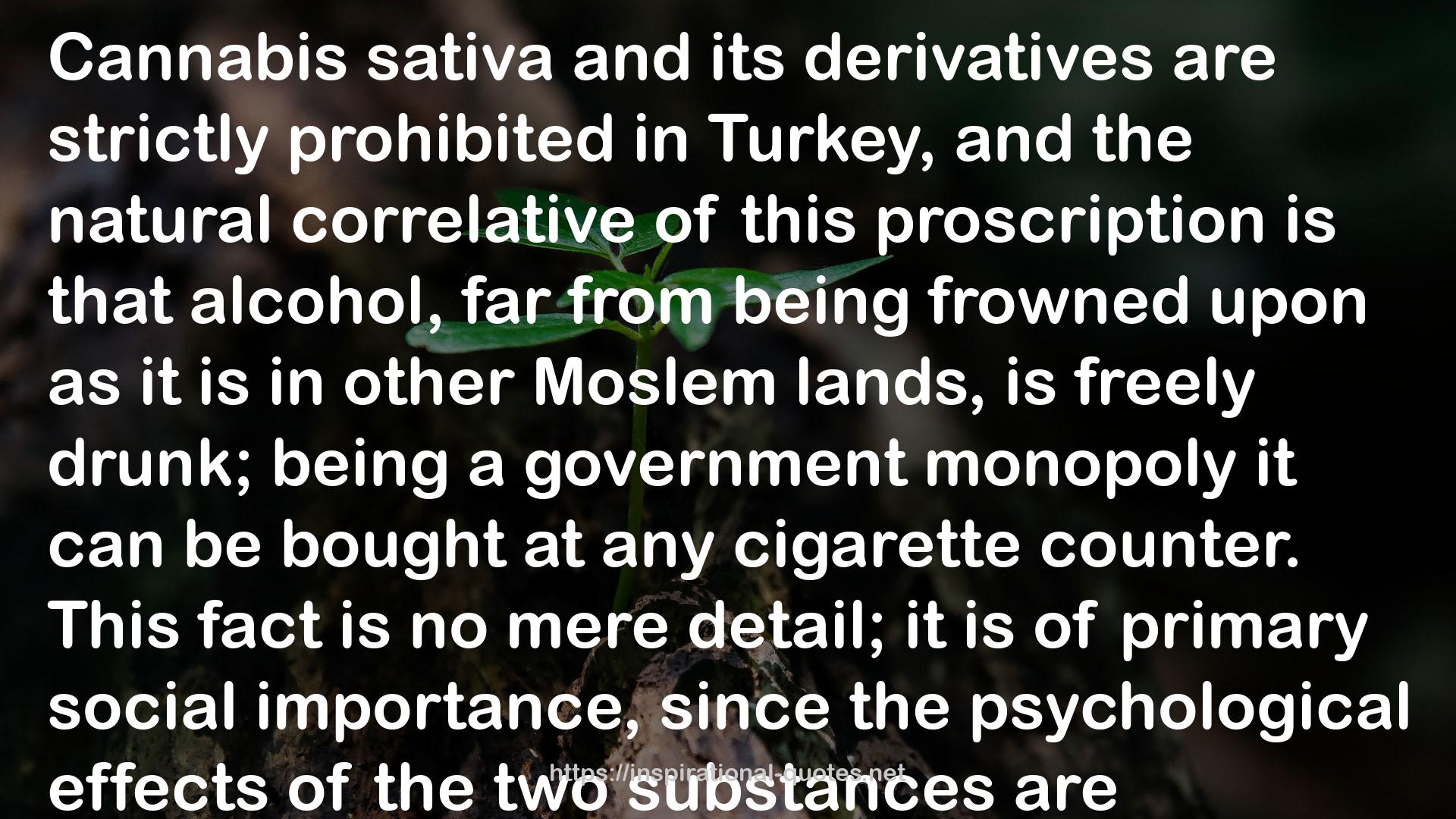Their Heads are Green and Their Hands are Blue: Scenes from the Non-Christian World QUOTES
SOME WORKS
- The Road to Reality: A Complete Guide to the Laws of the Universe
- New Theories of Everything
- The Constants of Nature: The Numbers That Encode the Deepest Secrets of the Universe
- From X Rays To Quarks: Modern Physicists And Their Discoveries
- Theory of Relativity
- Calculating the Cosmos: How Mathematics Unveils the Universe
- Charm of Physics: Collected Essays of Sheldon Glashow
- Shelter Island II: Proceedings of the 1983 Shelter Island Conference on Quantum Field Theory and the Fundamental Problems of Physics
- The Fine Structure Constant: Cumulo-Contextual Lexico-Heuristic Verse, Philosophical Exploration Via a Poetics of Consciousness

